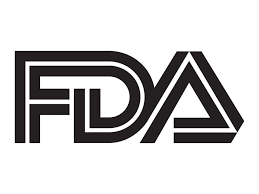Article
Velmanase Alfa Therapy BLA Granted Priority Review by FDA for Alpha-Mannosidosis
Author(s):
The FDA accepted the Biologics License Application (BLA) and granted priority review for velmanase alfa, an investigational enzyme replacement therapy intended to treat the ultra rare disease.

The FDA accepted the Biologics License Application (BLA) and granted priority review for velmanase alfa (Lamzede), Chiesi Global Rare Diseases' investigational enzyme replacement therapy intended to treat the ultra rare disease alpha-mannosidosis.
The action date under the Prescription Drug User Fee Act (PDUFA) was set by the FDA for the first half of 2023.
Alpha-mannosidosis occurs in childhood and progress through adulthood in individuals with an alpha-mannosidase enzyme deficiency. Due to the deficiency, an accumulation of sugars in multiple organs including the central nervous system can impact the affected individual because of the body's cells inability to efficiently breakdown certain complex sugars.
While symptom variations span the patient population, they can present with recurrent chest and ear infections, hearing loss, distinctive facial features, muscle weakness, skeletal and joint abnormalities, visual or cognitive abnormalities.
"Alpha-mannosidosis is an under recognized and progressive disease, and there may be many patients who are undiagnosed and untreated," Giacomo Chiesi, Head of Chiesi Global Rare Diseases said in a statement. "The current management of alpha-mannosidosis is largely focused on treatment of the various symptoms. We believe that our investigational enzyme replacement therapy has the potential to address the cause of the disease and look forward to working closely with the FDA throughout its review process."
The recombinant therapy is designed to provide or supplement natural alpha-mannosidase. The Chiesi Group was given marketing authorization for velmanase alfa by the European Commission for Lamzede for the treatment of non-neurological manifestations in patients with mild-moderate alpha-mannosidosis in 2018.




